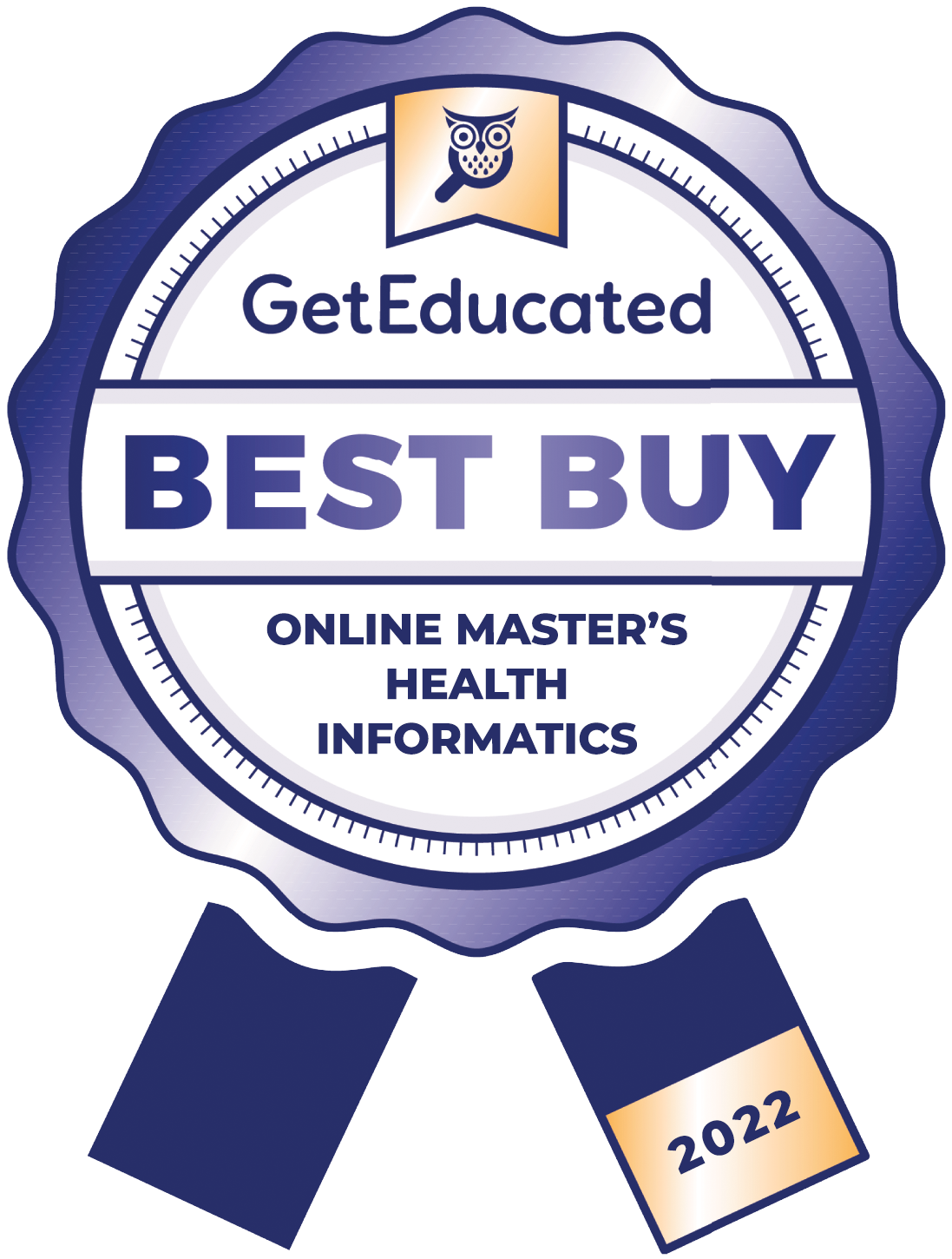
The Growing Importance of Healthcare Informatics
In today’s rapidly evolving digital healthcare landscape, the integration of medical knowledge and data systems has become more crucial than ever. Every diagnosis, treatment plan, and hospital workflow relies on a seamless flow of information. This is where specialists who can manage, analyze, and protect this data play a vital role. These professionals are at the heart of healthcare informatics, a field that is shaping the future of patient care.
For those seeking to enter this dynamic area, an online degree in Healthcare Informatics offers a practical and flexible path to career advancement. Combining clinical expertise with data-driven skills, these programs are attracting a diverse group of professionals, including nurses, administrators, IT experts, and medical researchers looking to make a meaningful impact on healthcare outcomes.
What Is Healthcare Informatics?
Healthcare informatics is a multidisciplinary field that merges medical science, computer technology, and data management. Its primary objective is to enhance healthcare delivery by making data more accessible, accurate, and actionable. Essentially, it serves as the backbone of modern health systems, connecting patients, providers, labs, insurers, and electronic systems into a cohesive digital network.
Professionals in this field are responsible for managing electronic health records, developing telemedicine systems, conducting data analytics, ensuring cybersecurity, and automating workflows. Their contributions enable healthcare providers to make informed decisions, track patient outcomes, reduce costs, and deliver higher-quality care.
Why Pursue a Master's in Healthcare Informatics?
As healthcare continues its digital transformation, the demand for skilled informatics professionals is growing exponentially. Hospitals, insurance companies, public health organizations, and private practices are all actively seeking individuals who can bridge the gap between technical expertise and clinical understanding.
An online Professional Science Master's (P.S.M.) in Healthcare Informatics is particularly well-suited for working adults who want to advance their careers without interrupting their current jobs. Unlike traditional research-based graduate degrees, P.S.M. programs emphasize real-world applications, industry collaboration, and leadership development. Many programs also include a capstone project or internship, allowing students to apply their learning in real healthcare settings.
Flexibility for Working Professionals
One of the most appealing aspects of pursuing an online degree in Healthcare Informatics is the flexibility it offers. Whether you're working full-time in a hospital or balancing family responsibilities, online programs allow you to study on your own schedule—whether during evenings, weekends, or other convenient times.
Many students take advantage of the ability to progress at their own pace. Some complete the program in under two years, while others extend it over a longer period to better manage their commitments. Regardless of the timeline, the result is a valuable credential that opens doors to new career opportunities in one of the fastest-growing sectors of healthcare.
Career Opportunities and Earning Potential
Healthcare informatics professionals are in high demand across various industries. Graduates often pursue roles such as:
- Clinical Data Analysts
- Health Information Managers
- Telehealth Coordinators
- Cybersecurity Specialists
- Systems Integrators
These positions exist in a wide range of environments, from large hospital systems and government agencies to insurance providers and tech companies focused on health apps and platforms.
According to labor market trends, salaries for professionals with a background in healthcare informatics are competitive, typically ranging from $75,000 to over $120,000 annually. Factors such as experience, location, and job title influence the exact figures.
Making a Tangible Impact
Perhaps the most fulfilling aspect of working in healthcare informatics is the knowledge that your efforts directly benefit patients. By improving how information is used and shared, informatics professionals ensure that patients receive timely, accurate, and coordinated care.
They also play a critical role in addressing broader public health challenges. From tracking disease outbreaks to streamlining vaccine distribution or identifying gaps in access to care, data-driven insights lead to better health outcomes for entire communities.
A Degree That Future-Proofs Your Career
Healthcare is not just becoming more digital—it is becoming more data-driven, strategic, and interconnected. This shift means that professionals who understand both the technical and clinical sides of the system will be essential in the years to come.
Earning a master's in healthcare informatics is more than an academic achievement; it is a strategic investment in your future. It equips you with the tools, credibility, and versatility needed to take on leadership roles in a field that is constantly evolving and mission-driven.
Whether you are a nurse looking to transition into health tech, an IT professional drawn to the impact of healthcare, or someone who sees opportunity in connecting data and care, this degree offers a clear and achievable pathway forward.
Tidak ada komentar:
Posting Komentar